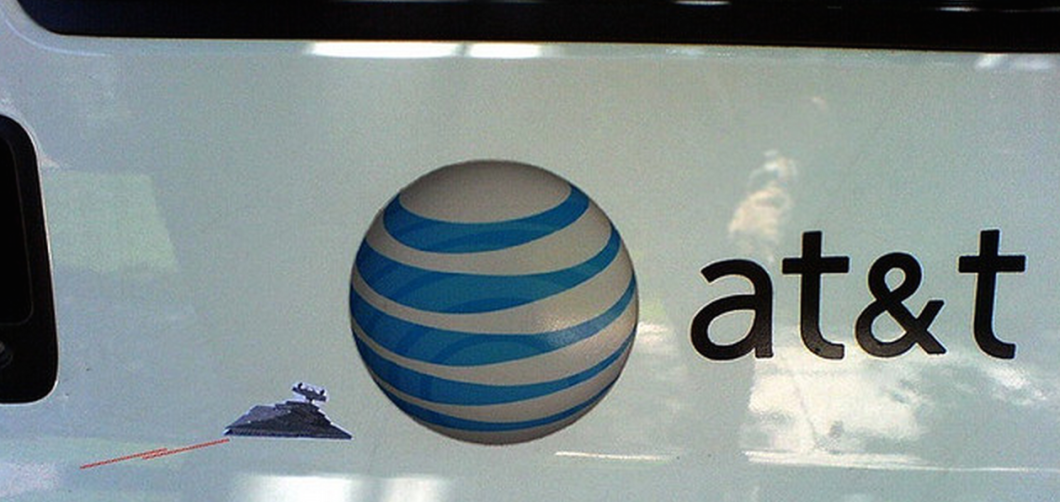It’s Official: FCC Gives Blessing To Marriage Of AT&T, DirecTV
But like all marriages, this one will require compromise. Among the conditions put on the merger by the FCC:
• Increased Fiber Deployment:
AT&T is required to expand its fiberoptic service to 12.5 million customer locations, an increase of about 10 times that network’s existing footprint. The expansions are to occur in areas where AT&T had operated pay-TV services that competed with DirecTV.
• Gigabit Service to Eligible Schools & Libraries:
In areas where AT&T deploys fiber networks, it must also offer gigabit broadband service to schools and libraries eligible to receive money from the Schools and Libraries Program of the Universal Service Fund.
• No Using Data Caps Unfairly:
Now that AT&T owns a pay-TV provider with around 20 million customers, it might be tempted to use data caps on broadband services to limit users’ access to streaming video services that compete with DirecTV’s business. The FCC is requiring the merged companies to refrain from imposing discriminatory usage-based allowances or other discriminatory retail terms and conditions on its broadband Internet service.
• Internet Interconnection Disclosure Requirements:
Though Internet service providers like to pretend they carry all your data from the source to your computer, they really only carry it the so-called “last mile” and rely on other networks to do the heavy lifting for most of that trip.
But because ISPs control that last stretch of highway to the end user, they can effectively hold data hostage until content providers are willing to pay extra for it to reach the consumer in a timely manner. Just look at how Netflix speeds ground to a halt until it paid for better connections to multiple providers.
As a condition of the merger, AT&T will have to submit its Internet interconnection agreements to the FCC so that the agency can review and monitor these deals to determine whether the merged company is denying or impeding access to its networks in anticompetitive ways.
• Discounted Broadband for Low-Income Subscribers:
AT&T will be required to offer an affordable, low-price standalone broadband service to low-income consumers in its broadband service area.
Want more consumer news? Visit our parent organization, Consumer Reports, for the latest on scams, recalls, and other consumer issues.


